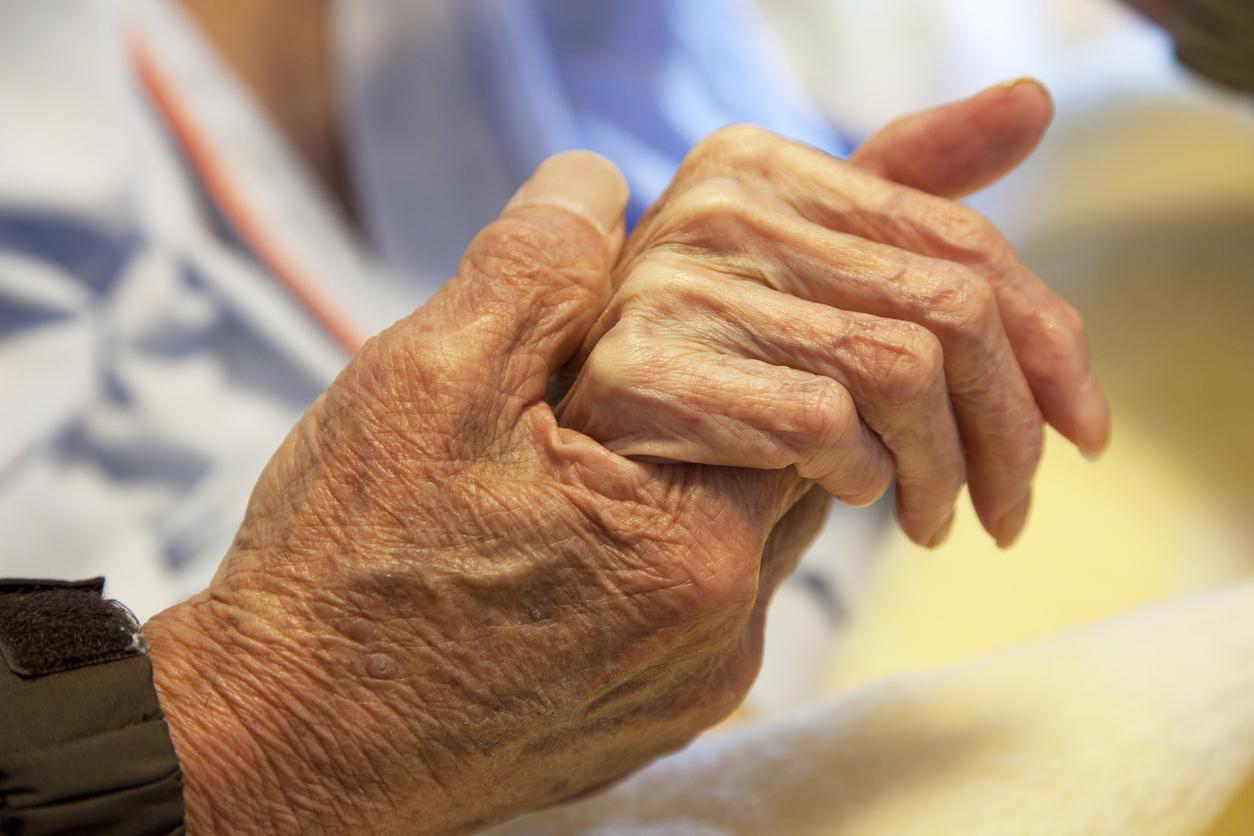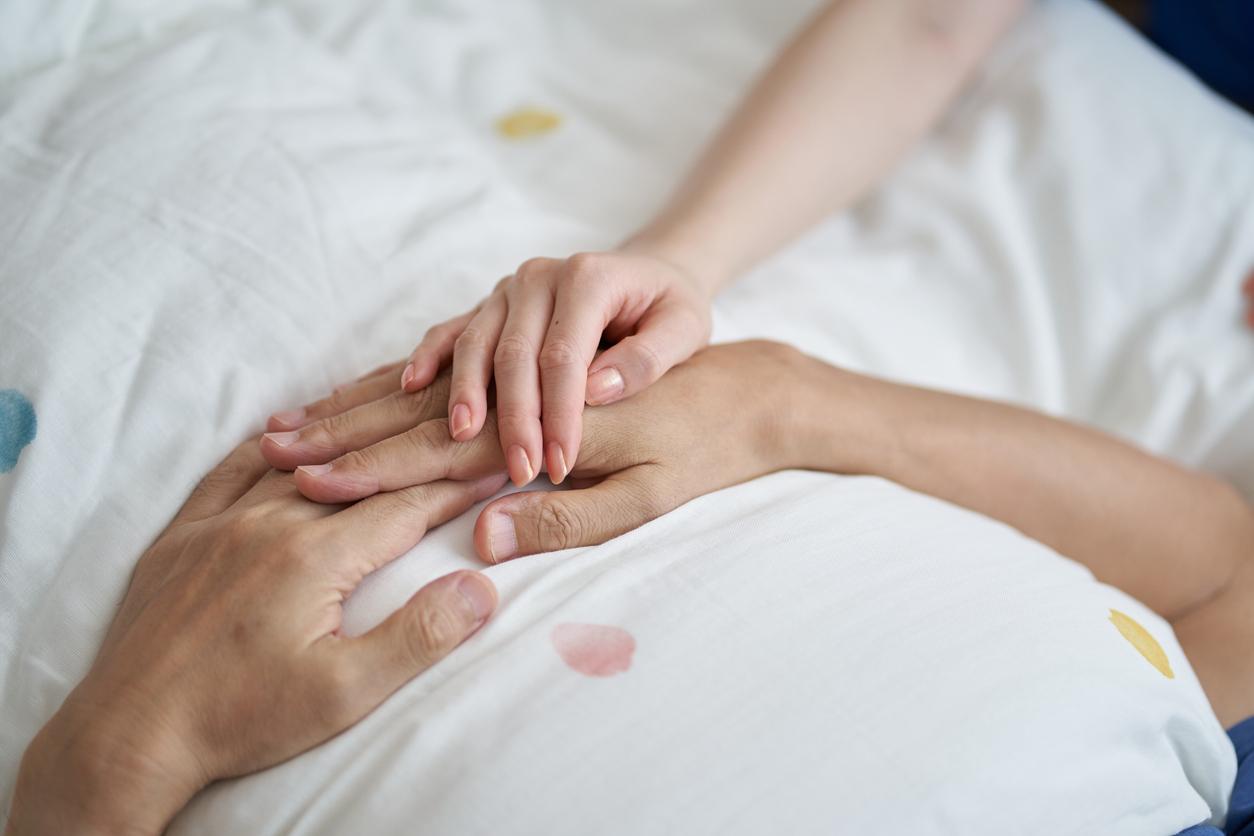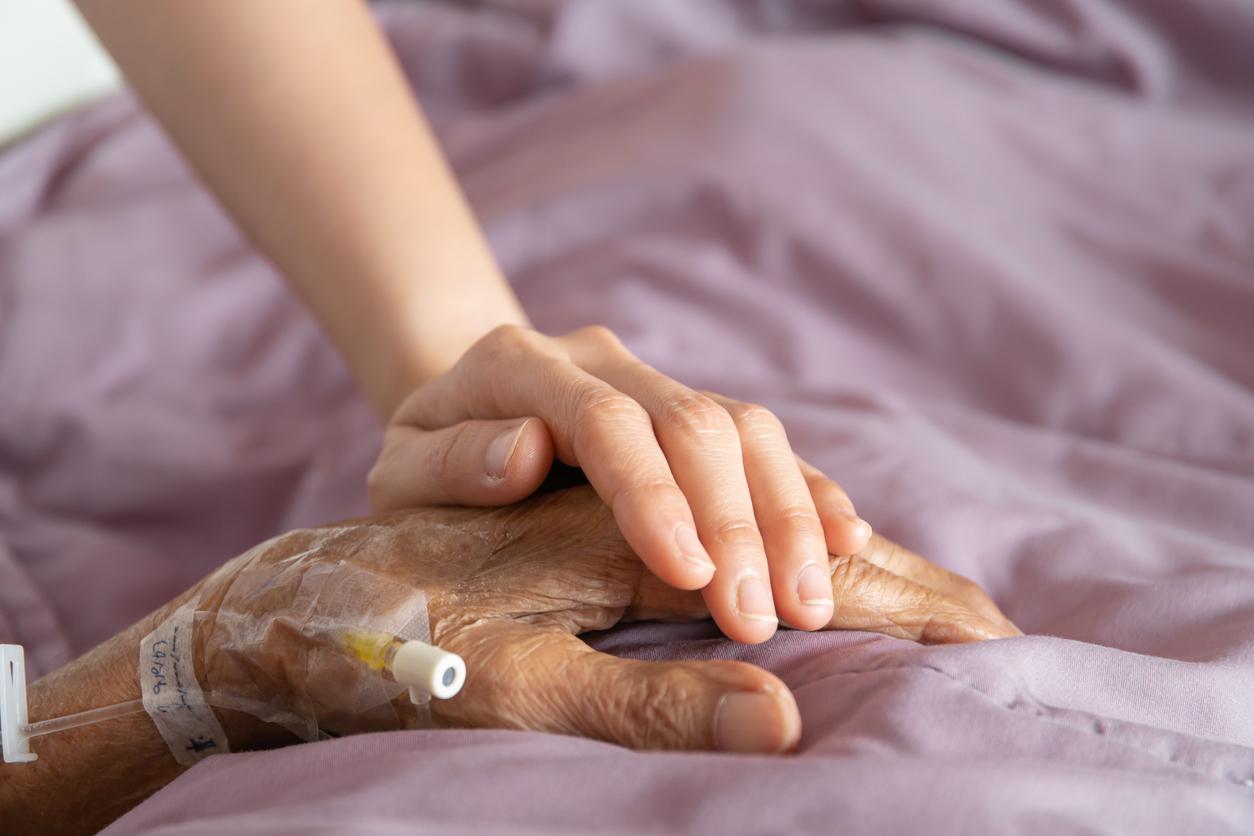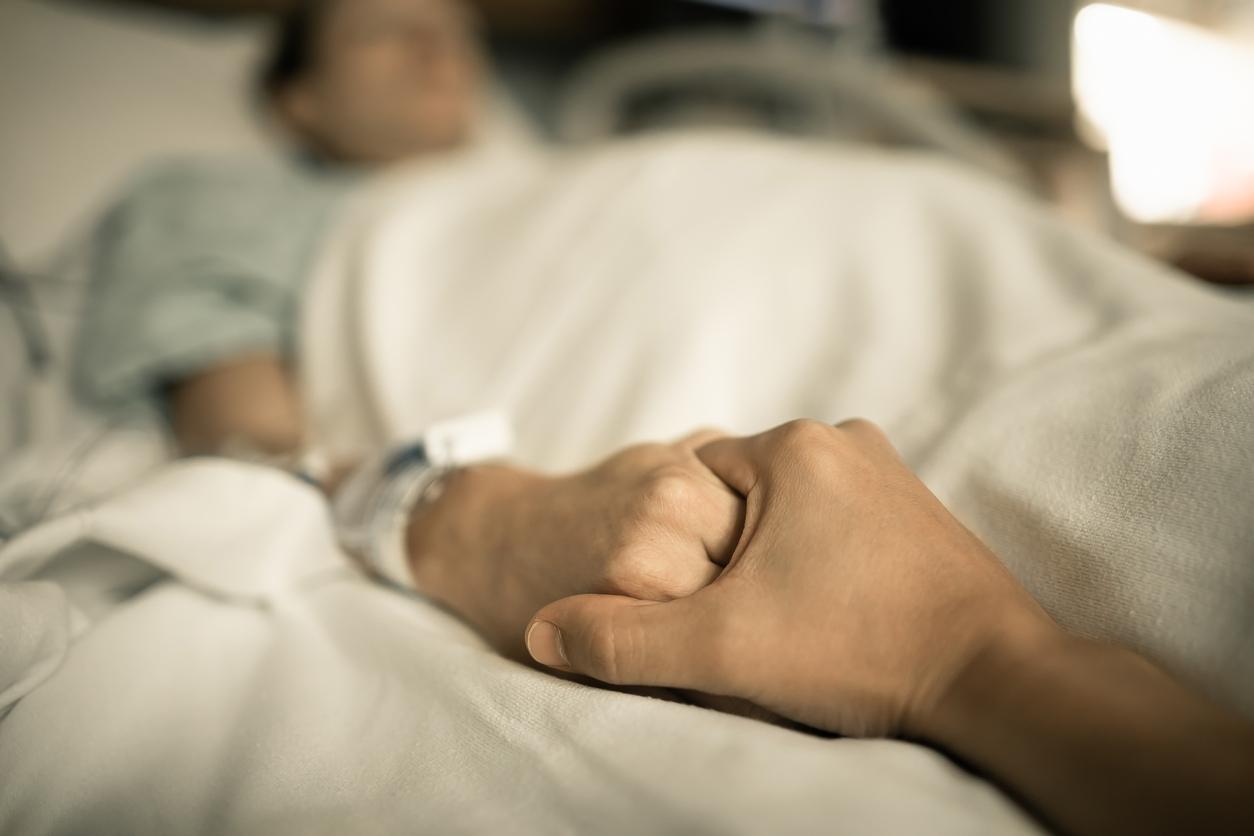The French are poorly informed about the rights afforded by the new law on the end of life. The Ministry of Health is launching an information campaign.

“The end of life, nobody likes to talk about it”. And that’s the whole problem that surrounds the end of life law, amended on February 2, 2016 by the Claeys-Leonetti law. Because no one likes to talk about it, few people know how to do it. The Ministry of Health is therefore launching a national information campaign on Monday, particularly in the written press, on the internet and social networks, and on television via a 25 second spot. A website is also open: parlons-fin-de-vie.fr. The objective: in addition to informing, encourage the French to make their choices known.
This campaign is supported by the National Center for Palliative and End-of-Life Care. Two months after the doctors, it is therefore the turn of the general public to be targeted. “The end of life is a major issue for our society. The law of February 2, 2016 is a major step forward in favor of the autonomy of sick and end-of-life people, said Marisol Touraine. I wanted to act resolutely to strengthen the information of the French and allow them to seize their new rights. This campaign is an important step: let’s engage in dialogue with those close to us, with health professionals, so that each French person knows their rights and is able to decide on their end of life ”.
Supervision of deep sedation and relentless therapy
The new provisions of the Claeys-Leonetti law, in force since last summer, relate in particular to deep and continuous sedation, as well as to unreasonable obstinacy, in other words therapeutic relentlessness. The French are invited to make their wishes known, via advance directives. The texts published in the Official Journal are also accompanied by two letter templates.
These written declarations allow each individual to indicate in advance whether he wishes to limit, or stop, the treatments he could receive at the end of his life, in the event that he would then become incapable of expressing his will. The refusal to undertake or continue cardiac and respiratory resuscitation, respiratory assistance or artificial nutrition and hydration, may be indicated “in the event that the patients have definitively lost consciousness and where they can no longer communicate with their loved ones”, can we read in the forms.
A part is also devoted to deep and continuous sedation associated with pain treatment. Editors will have to specify whether or not they accept “this treatment which puts to sleep and which aims at loss of consciousness until death”. Since last October, a published guide by the Haute Autorité de Santé (HAS), is available to help the French in drafting these guidelines. The attending physician remains the interlocutor of choice to seek advice and be supported in this process.
.




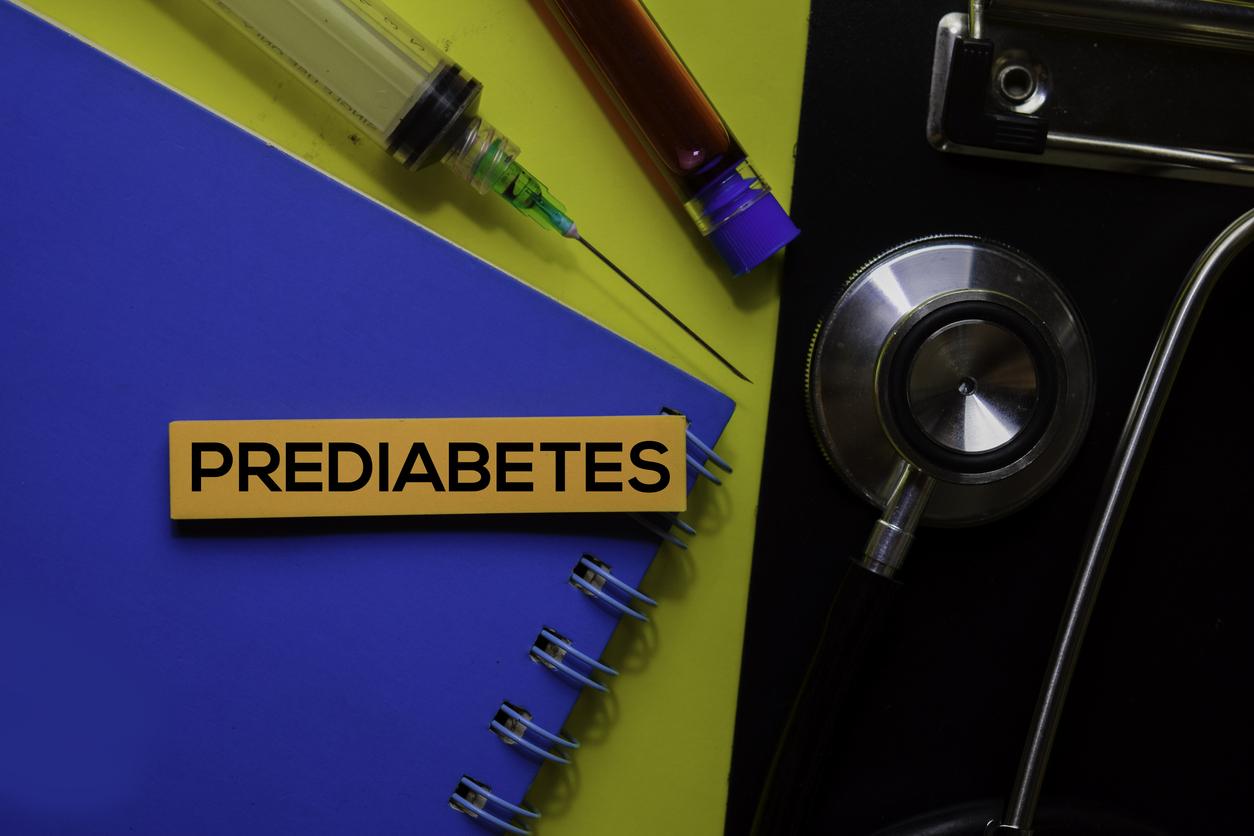
-1730888646.jpg)





